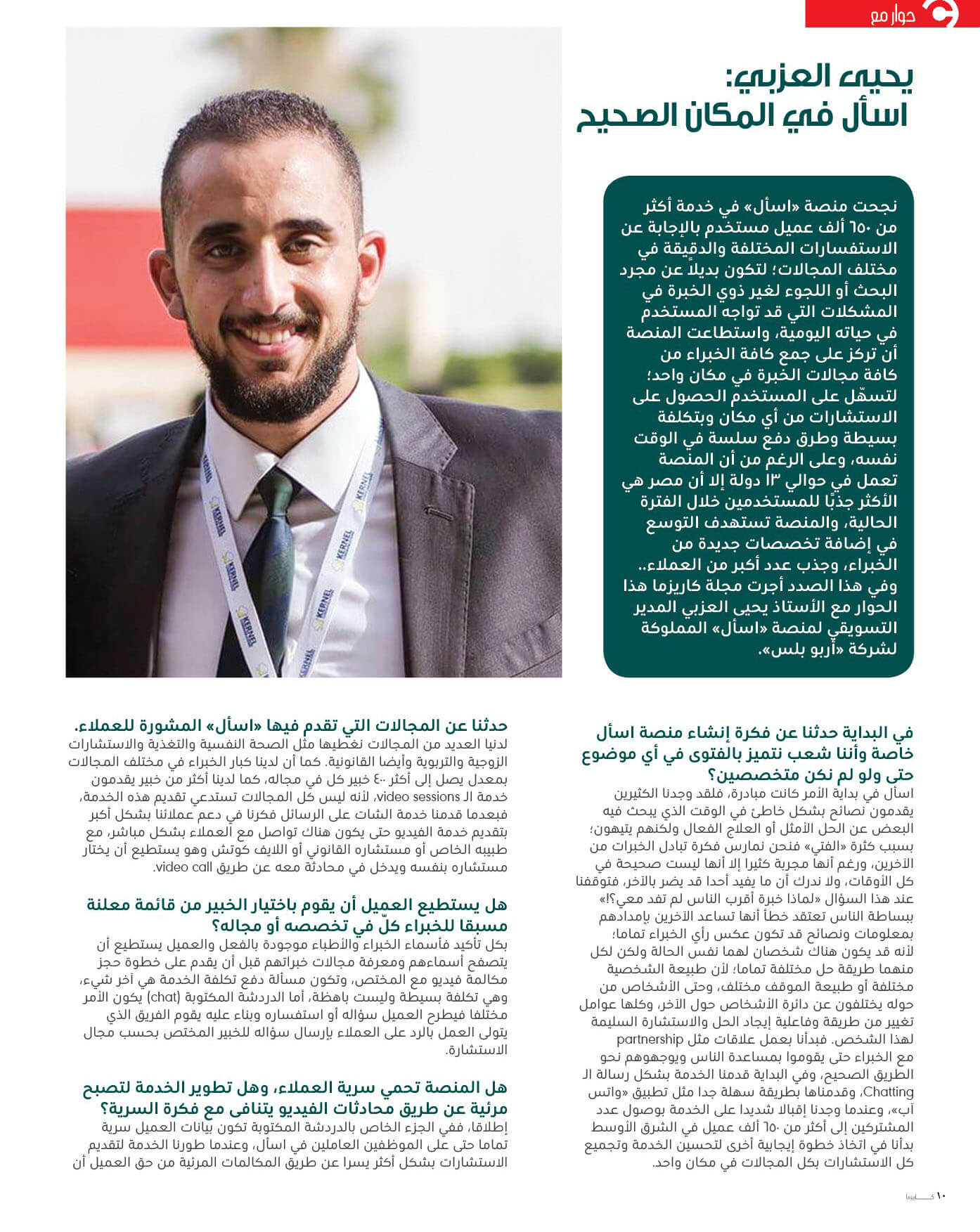
Preparing Teachers and Parents to Support Adolescent Development
We often hear people complain about adolescence, describing it as troublesome. However, the truth is that this stage, like all stages of life, is essential and pivotal, as it transitions a person from childhood, where they cannot distinguish between things, to a period that prepares them to become a responsible, mature adult who can manage their relationships with others.
The issue isn’t the stage itself, but rather the lack of understanding of its nature and the needs of adolescents during this time. It’s crucial for parents to support their children so they can grow healthily during this transitional phase. Teachers also play a significant role during this stage due to their influence in educating and helping adolescents understand themselves and their abilities.
Now, the important question is:
How Can Parents and Teachers Interact with Adolescents to Promote Healthy Development?
To answer this question, we first need to understand the nature of adolescence. During this phase, cognitive and sexual development is completed, leading adolescents to think about everything and increasing their desire to establish an independent identity. This desire can sometimes bother parents, but it is a crucial need at this stage. Parents and teachers must help adolescents fulfill this need to ensure healthy development by talking with them about their goals, dislikes, and concerns. Engage in discussions and share opinions without imposing them, while respecting their perspectives—even if they differ from your own. Understand that their views often reflect underlying needs, such as feeling loved, important, or valuable.
It’s also important to start building these connections from childhood, as the family’s role in a child’s mental health significantly impacts their adolescence. Teaching adolescents that there are different perspectives on everything helps them see both the positive and negative sides of situations. They should also be encouraged to take responsibility for their actions. For instance, they need to understand that being young and energetic doesn’t mean wasting time on harmful behaviors. Instead, responsibility demands that they take care of themselves and strive for greatness.
Similarly, teachers should be open to students solving problems in different ways from what was taught. Teachers must be flexible, recognizing that students think differently. Preventing this freedom can harm their individuality. Instead of addressing concentration or attention problems in children or adolescents, teachers should encourage students to think for themselves, supporting the idea of uniqueness and different approaches to problem-solving.
Furthermore, teachers should embody the values they teach, such as respect. If they talk about respect, they must practice it themselves, especially when it comes to respecting differences. Adolescents should also be taught that freedom comes with responsibility. For instance, if they cause a problem, they should be expected to fix it, and if they break something, they should replace it from their own allowance. They must be treated as young adults, not children.
It’s crucial to be patient with adolescents and their mistakes. Parents and teachers should understand that making mistakes is a natural part of growing up and helps them mature, especially if they discuss the causes and consequences of those mistakes together. Engaging with adolescents by discussing their values, goals, likes, and dislikes helps build trust and reduces the risk of them feeling discouraged.
Sometimes, parents and teachers feel overly responsible for every little thing in their adolescents’ lives, which creates pressure on both them and the adolescents. However, parents and teachers are not responsible for every minor detail. This belief often stems from excessive worry.
It’s essential for both parents and teachers to manage their emotions, such as anxiety, anger, or sadness. Failing to do so can lead to emotional immaturity in adolescents, causing them to become irritable or anxious due to the influence of adults around them. Therefore, it’s vital for parents and teachers to be role models, not just authority figures. Adolescents learn more from observing how adults handle situations than from instructions.
When it comes to sexual maturity, parents and teachers should explain to adolescents that there are changes in their bodies that may make them feel attracted to others. However, they should emphasize that this is a phase for building their own identity and taking full responsibility for themselves. Adolescence is not the right time to enter into romantic relationships because they are still shaping their personality.
Instead, this is the time to focus on understanding themselves and developing into well-rounded individuals. Once they have a clear sense of self, they will be able to enter into relationships responsibly.
Summary:
- Understand that independence is a fundamental need for adolescents and help them fulfill it.
- Respect their differences and engage them in discussions, guiding them without imposing.
- Parents and teachers must regulate their emotions to teach adolescents how to manage theirs.
- Teach adolescents that sexual maturity is part of overall emotional and psychological growth, which comes before romantic relationships.




